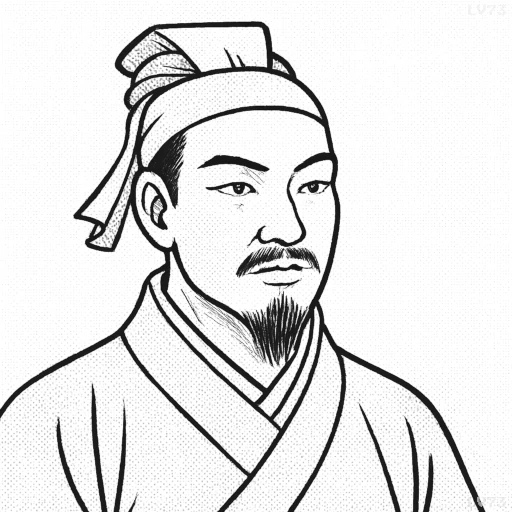“A good commander is benevolent and unconcerned with fame.”

- 544 BC-496 BC
- Born in China
- Military strategist, military strategist
table of contents
Quote
“A good commander is benevolent and unconcerned with fame.”
Explanation
In this quote, Sun Tzu highlights the virtues that define a truly effective military leader. A benevolent commander prioritizes the well-being of their soldiers and the success of their mission over personal glory or recognition. Such a leader earns the loyalty and respect of their troops, who are motivated not by fear or obligation, but by respect and a genuine belief in their commander’s values. Benevolence in leadership fosters trust and cohesion, which are critical to successful campaigns. A leader who seeks fame or personal accolades risks becoming self-serving, losing sight of the greater goal and weakening the morale of the army. Instead, a commander who is focused on the mission and the welfare of their men will inspire dedication and unity, increasing the chances of victory.
In modern leadership, this idea is just as relevant. In business, leaders who focus on serving their employees, fostering an inclusive and ethical work environment, and promoting collective success tend to have higher-performing teams. For instance, Satya Nadella, CEO of Microsoft, is known for his empathetic leadership style, emphasizing a culture of collaboration and growth rather than personal gain. In politics, leaders who act for the public good, rather than for fame or power, often earn the trust and support of the people. Abraham Lincoln’s leadership during the American Civil War was not driven by a desire for fame, but by his commitment to preserving the Union and ending slavery. In sports, successful coaches and athletes are those who lead by example, with humility and a commitment to the team rather than their personal fame. Sun Tzu’s wisdom stresses that great leaders are defined by their selflessness and service to others, not by the pursuit of personal recognition.
Historically, commanders who have exemplified benevolence and avoided the quest for fame have been highly successful. General George Washington, during the American Revolution, put the welfare of his troops above personal glory and resisted the temptation to seek the title of king, focusing instead on the ideals of freedom and self-governance. Genghis Khan, despite his conquests, often displayed benevolence toward the people he ruled, fostering loyalty and respect within his empire, which helped maintain its stability. During World War II, Dwight D. Eisenhower was known for his diplomatic and humane approach to leadership, placing the success of the Allied forces above personal recognition, which helped forge a united front. Sun Tzu’s idea that benevolent leaders, who are unconcerned with fame, inspire true loyalty and respect remains a powerful principle in leadership, both in warfare and in life.
Would you like to share your impressions or related stories about this quote in the comments section?
